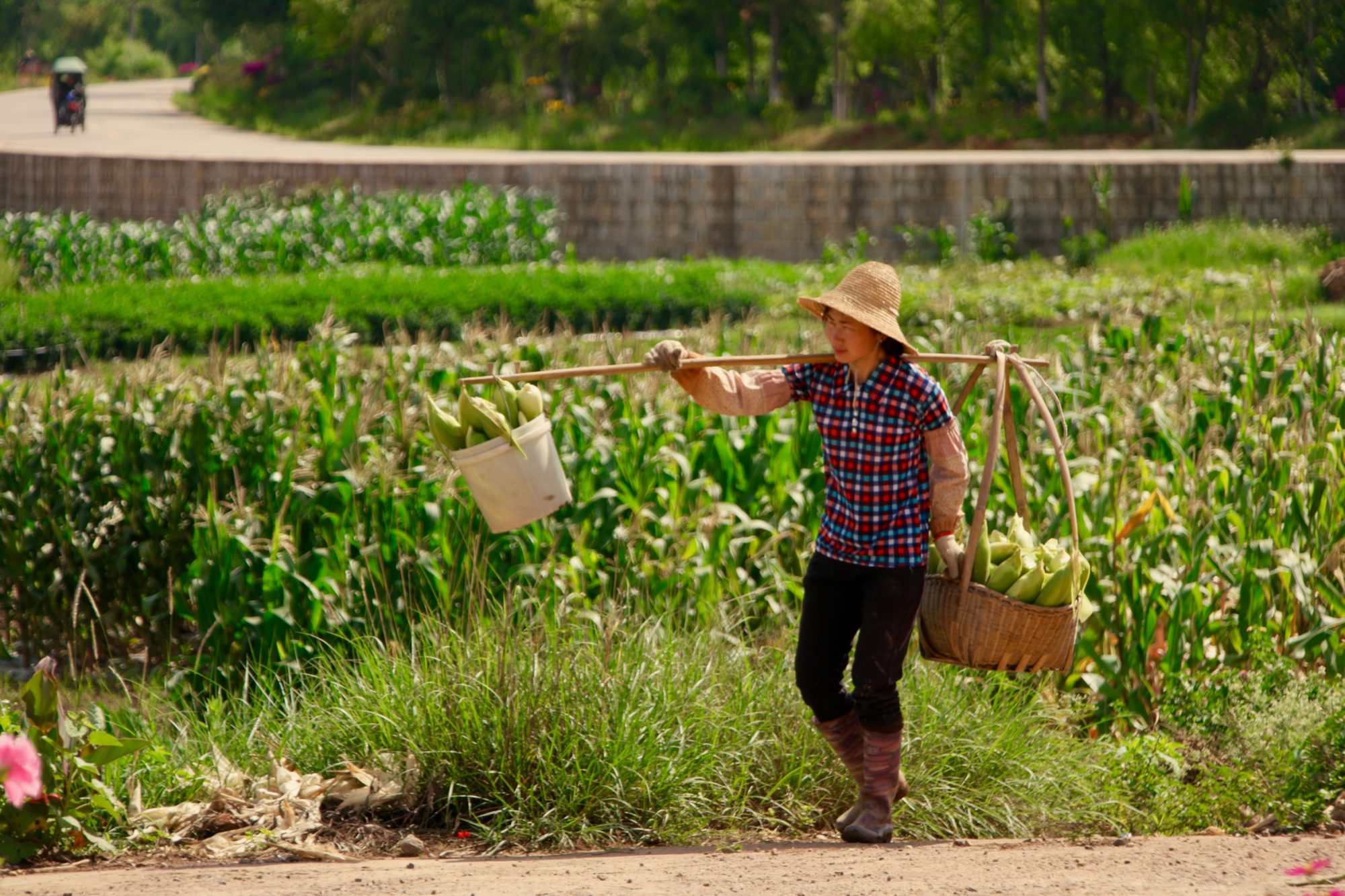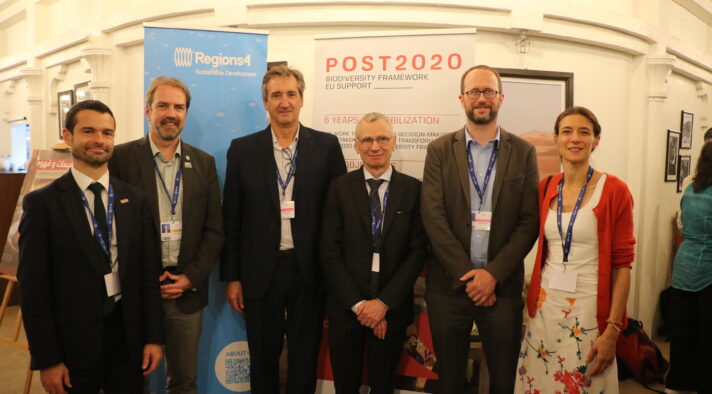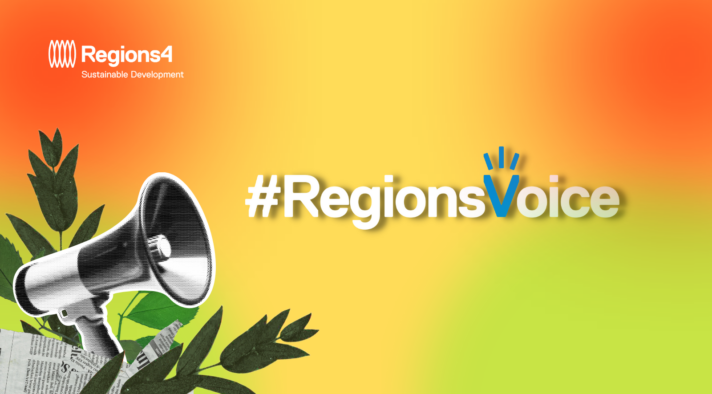On the threshold of the decade of action and setting sights on COP26, 2021 offers multiple opportunities for regions to amplify their climate action in accordance with the SDGs as well as to reinforce a sustainable recovery from the health crisis.
The latest publication of the UNFCCC, NDC Synthesis Report, February 2021, clearly guides relevant actors to raise ambition on the deeper commitment with the Paris Agreement to limiting global temperature rise below 1,5 °C. In addition, as reported by IISD, the document shows a greater focus on adaptation planning and national adaptation plans (NAPs), with more time-bound quantitative adaptation targets as well as associated indicator frameworks. Adaptation efforts are being increasingly linked with the 2030 Agenda for Sustainable Development and the SDGs, as well as the Sendai Framework for Disaster Risk Reduction (DRR), the Convention on Biological Diversity (CBD), the UN Convention to Combat Desertification (UNCCD), and the Ramsar Convention on Wetlands
Likewise, in January the Race to Zero Breakthroughs were published, pointing out the path for 20 relevant sectors of the global economy while presenting a plan around which companies, governments and civil society can join forces before COP26. Ambitioning a zero-carbon future by 2050, the publication defined what key actors must do and by when. In line with the Climate Action Pathways, the publication aimed to reinforce the way forward to accomplish the objectives.
Regional Paris Agreement consolidation
In this context, the Regional Climate Weeks will serve as tools to promote regional action for the COP26. At the disposal of a calendar full of events for the whole year, Regional Climate Weeks pursue to speed up the pace on the regional consolidation of the Paris Agreement on climate change. Like the first roundtables, which were held in early March, these events will display opportunities to open debate among representatives of different government levels, businesses, financial institutions and civil society. Spaces will be opened for virtual and ministerial sessions, always taking into consideration opportunities for climate action as well as a healthy recovery from the pandemic.
The Virtual Roundtables of the 2021 Regional Climate Week, highlighted how non-Party stakeholders can help scale-up and speed up climate action while recovering from the pandemic. Remarks were made related to the importance of engaging all actors, particularly women and youth, and mainstreaming nature-based solutions.
Another key point of discussion was climate finance. Participants stressed that, even though substantial financial resources are available, there is still a need to facilitate its access, especially for those in developing countries to effectively implement climate plans and policies.
The Regional Climate Weeks will be celebrated in the following order:
- African Climate Week (ACW2021), 9-10 August
- Asian-Pacific Climate Week (APCW2021), 23-25 August
- Latin America and Caribbean Climate Week (LACCW2021), 6-7 September
UN Climate Action Awards: an opportunity to showcase regions leadership
On the road towards COP26 as well, the UN Global Action Awards open a wonderful opportunity for those in leadership of projects that are successfully tackling the climate crisis. The Global Action Awards aim to recognize exemplary work as well as to offer an international platform for innovative, scalable and replicable projects to tackle climate change. They provide a unique opportunity to achieve worldwide visibility and recognition. Interested regions can apply through this link until 30 April 2021.
Further information
Should you wish to get involved in Regions4’s climate action activities, please contact us at climate@regions4.org



